Metaverse Standards Forum discussions have become commonplace among tech enthusiasts. The forum is vital to the metaverse’s future. And the metaverse itself is integral to our technological future. This relationship means that the Forum is unquestionably essential. And you’ll soon discover what it is, what it’s accomplished, and what to look forward to in the future.
Quick Menu:
- The Nature of the Metaverse and the Larger Metaverse Standards Forum
- The Need for an Open Metaverse
- What Is the Khronos Group?
- What Is the Metaverse Standards Forum?
- More Information on the Metaverse Standards Forum
- A Press Release That Opens Up More Details
- Metaverse Standards and Automated Governance
- The Metaverse and Web 3.0
The Nature of the Metaverse and the Larger Metaverse Standards Forum
Before looking into the Metaverse Standards Forum, it’s essential to define the metaverse itself. The metaverse is a complex subject, but it can essentially be summed up as a digital universe that exists parallel to the physical world. This metaphor applies in almost every possible way. The physical world is always around you and full of opportunities to explore new places and meet new people. The metaverse offers those same opportunities. It’s a 3D universe that operates similarly to the physical one, but the metaverse lacks the barriers and limited resources of the physical worlds.
You can also enter the metaverse using a variety of different devices. VR headsets fully immerse you in the metaverse. In contrast, augmented reality (AR) systems overlay the metaverse onto the physical world. Even consoles and smartphones can offer some access to the metaverse. You can join the metaverse right now. But it’s also entirely in development and experimental. Nobody knows exactly what the metaverse will grow into. But new concepts and features appear all the time. You can look at the vast digital expanses of the metaverse in the article “Metaverse Guide; Understanding The Basics Will Open Up a New World”.
The Need for an Open Metaverse
The metaverse is, in many ways, a digital mirror of the physical world. But two elements of the physical world can be challenging to implement in digital spaces. These are persistence and interoperability. Much of the larger discussion around the Metaverse Standards Forum hinges on these two concepts.
Interoperability is your ability to move through different metaverses while retaining your essential identity. For example, in the physical world, you can buy a hat and wear it when you’re on vacation. Imagine buying clothing from metaverse brands to use within a new system. You’d want to be able to carry those items from your current metaverse location to new ones. Likewise, you’d like the same identity in them all. Interoperability means that you can retain a central identity and persona to use in multiple areas of the metaverse.
Persistence is similar in some respects. Your actions within the metaverse should persist. For example, if you build a house in the metaverse, you should be able to return to it later. And other people should be able to see it. But all of this requires multiple standards organizations working together to provide the proper standards at the right time.
What Is the Khronos Group?
The time is indeed right to implement open standards for the metaverse. And a non-profit consortium known as the Khronos Group has stepped up to help make that idea a reality. The Khronos Group currently consists of over 150 metaverse companies working together to create a shared vision of the metaverse. Membership includes companies like Vulkan®, OpenGL®, and OpenCL™. Many of the Khronos Group member companies have already helped shape current, stable tech standards for 3D video and audio.
Receive Metaverse Information & Related Topics
Members of the Khronos Group can vote on and even accelerate the adoption of cutting-edge specifications. This is aided by an Adopters Program that’s tied to every standard. The program helps to ensure consistent implementation and testing for various platforms. The Khronos Group’s central mission is to promote industry cooperation. And the Khronos Group created the Metaverse Standards Forum to help the industry achieve that goal.
Video: OpenROAD :: Accelerate your World
What Is the Metaverse Standards Forum?
The Metaverse Standards Forum (MSF) isn’t a standards organization. Instead, it’s a collaborative body where standards organization members and other metaverse-related parties can work to foster cooperation. This often comes in the form of new tools to work with or implement metaverse standards.
Plugfest projects are one of the most noteworthy examples of this collaboration. Some of the biggest metaverse-related companies, such as Meta, Nvidia, Microsoft, Unity, Epic Games, and even the World Wide Web Consortium (W3C), have representation within the MSF. Likewise, people from all types of metaverse jobs can be found sharing insight within the MSF.
More Information on the Metaverse Standards Forum
The Metaverse Standards Forum is a highly dynamic institution. It grows and shifts to meet the demands of innovations within the metaverse. But some fundamental aspects of the MSF define it as an organization. When you understand the following elements of the Metaverse Standards Forum, you’ll have a solid grasp of the organization as a whole.
Mission
The Metaverse Standards Forum ultimately aims to ensure that the metaverse is an open, shared, digital universe. It’s doing so in large part by fostering corporation and communication. The MSF is a large table where the people shaping the metaverse can come to a consensus. The MSF isn’t so much trying to build the metaverse. It’s instead working to bake open standards into the bricks people will use within their implementations of the metaverse.
Members
Membership is vitally crucial to any collaborative body. And the Metaverse Standards Forum is made up of some of the important names in metaverse development. This includes companies like NVIDIA that shape the hardware which drives the metaverse. It also includes companies like Microsoft and Meta, which work on both hardware and software. Any organization can join the MSF. And membership as a Principal will provide access to Oversight Meetings to guide the organization.
Operation & Meetings
The Metaverse Standards Forum announces all of its meetings and agendas on the member’s portal. Meetings are generally held over Zoom. And members have the ability to propose agendas or meeting frequency. The MSF holds to a policy where everything is open, there are no participation fees, no NDAs, and no IP frameworks. The nature of these meetings can range from standards development to project proposals. Most importantly, everyone has a voice in the MSF.
Goals & Deliverables
The Metaverse Standards Forum also heavily emphasizes action over a theoretical discussion. It has a pragmatic approach to short-term opportunities, which can have a large-scale impact on metaverse interoperability. The MSF is also working on long-term goals and projects. Of course, their larger goals involve standardization. On a smaller scale, this can mean simply standardizing terminology among members, but on a larger scale, this can result in prototype systems that use higher-level interoperability. Development hackathons and plugfests are also part of the MSF’s operations.
The MSF typically works through larger-scale agreements among the members. This will then evolve into smaller groups with more focused discussions within relevant areas of expertise. MSF membership ensures that both member interests and industry values are addressed and represented. The final deliverables can take different forms. This can range from finalized open-source tools new guidelines and new standards requirements.
A Press Release That Opens Up More Details
A recent press release highlights the significance of the Metaverse Standards Forum. The statement emphasizes the MSF’s dedication to open discussion – any organization can take part in the MSF’s work. The organization also notes that multiple industry leaders have stressed the need for open standards in the metaverse.
Putting that idea into effect requires organizations to come together and work on those standards. The Metaverse Standards Forum aims to foster this type of consensus-based cooperation. You can learn more about the press release’s implication on an open metaverse in “Leading Organizations Unite to Drive Open Metaverse Interoperability”.
Metaverse Standards and Automated Governance
The Metaverse Standards Forum is vital in large part because of the metaverse’s inherent value. The metaverse blockchain allows for implementations like the NFT. But the blockchain is an incredibly versatile computational system formed around the concept of unique values. This has led to the creation of decentralized autonomous organizations (DAOs).
A DAO is essentially an organization that is partially governed through blockchain-based collective public management. The software infrastructure provides inherent organization and member representation, highlighting the metaverse’s potential. You can discover more about DAOs in “The Ultimate DAO Guide; All You Need to Know About DAOs”.
The Metaverse and Web 3.0
The Metaverse Standards Forum is working to create developmental standards for the metaverse. The importance of this goal is clear when looking back at the history of the Web. The Internet began in a somewhat fragmented state. But over time, new standards took form, and developers were able to move into Web 2.0 and 3.0.
Today, Web 3.0 is highly convergent with the metaverse. Its open standards have created a platform where people can build advanced technologies incorporating 3D systems and even AI. The larger story behind Web 3.0 can be found in “Web 3.0 Guide; Clearly Explained With Examples”.
The metaverse is a full digital universe that, thanks to the blockchain and metaverse crypto, even has an economy. The Metaverse Standards Forum provides a solid plan to guide the metaverse’s development and ensure that it stays open and inclusive.
Did You Like This Article About Metaverse Standards Forum?
You might also be interested in the following articles:
- Metaverse Startups: 10 Compelling Metaverse Startup Companies in 2022
- Tesla Bot Optimus; The Latest Information About Tesla’s Robot
- Metaverse Virtual Worlds; The Best Way To Experience the Metaverse
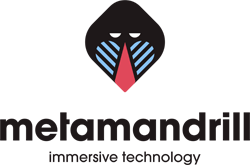
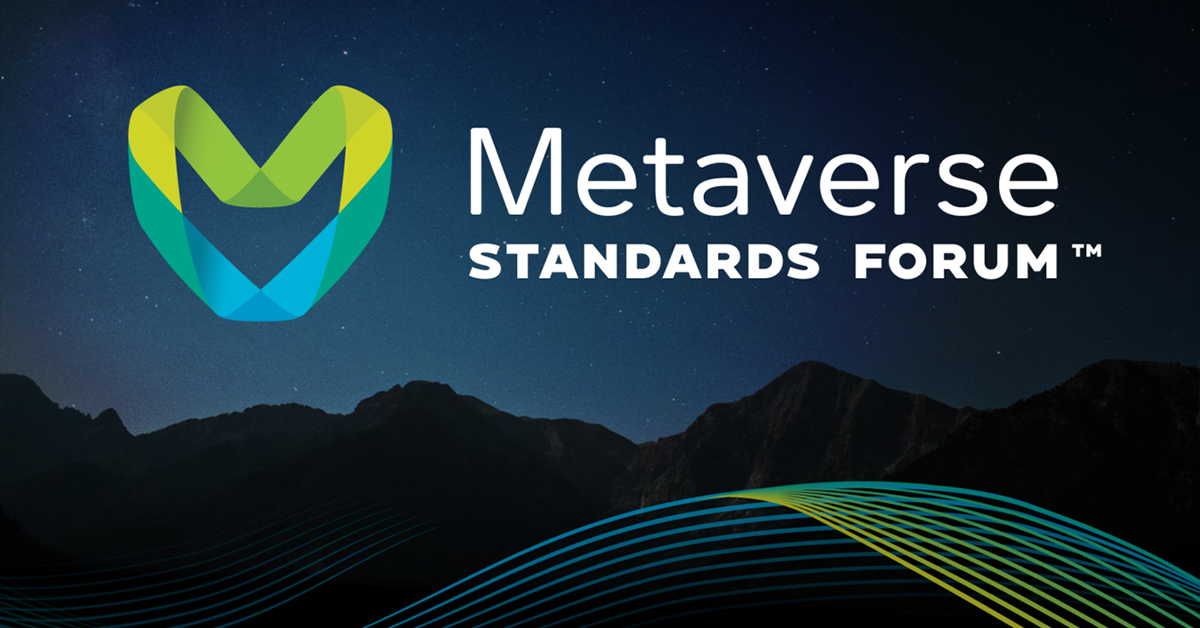


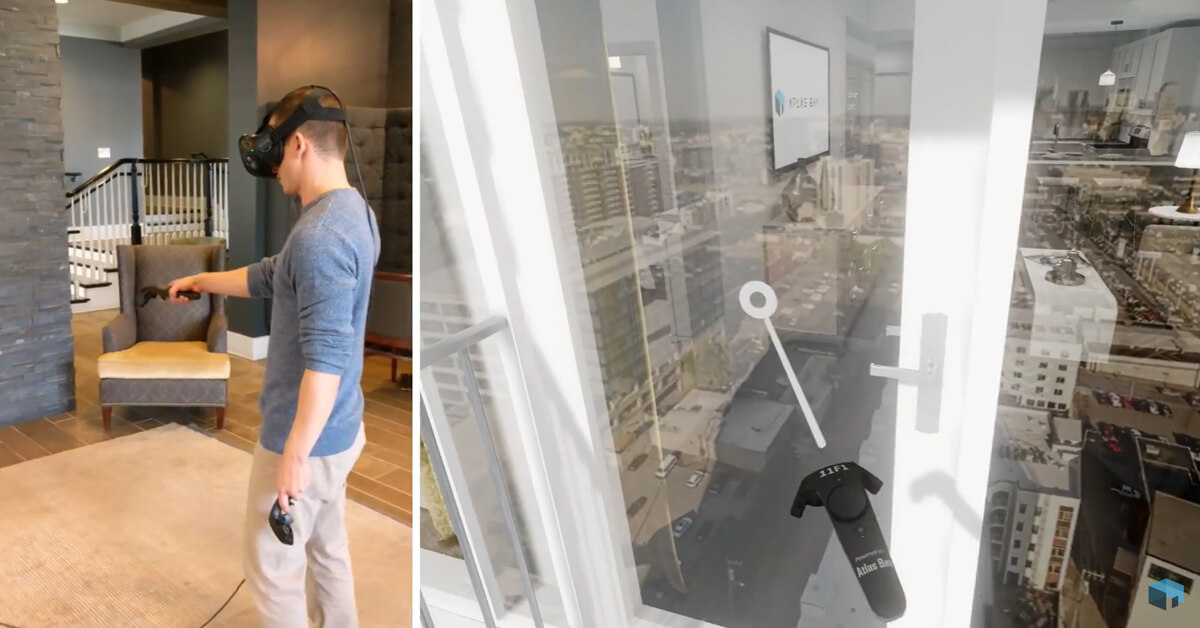
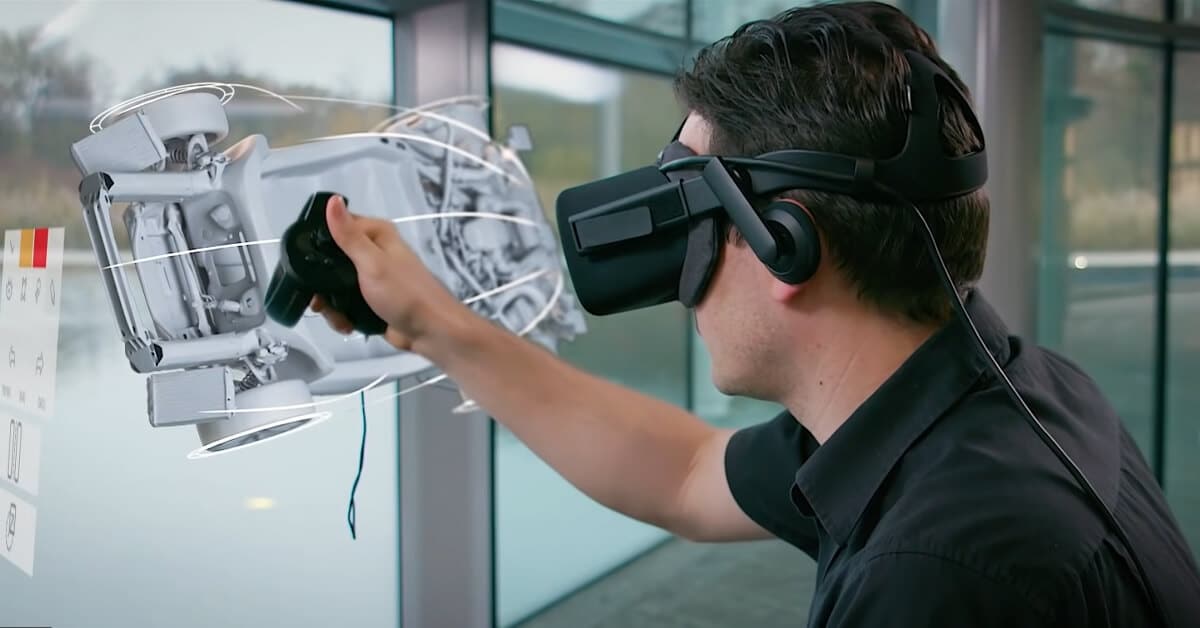

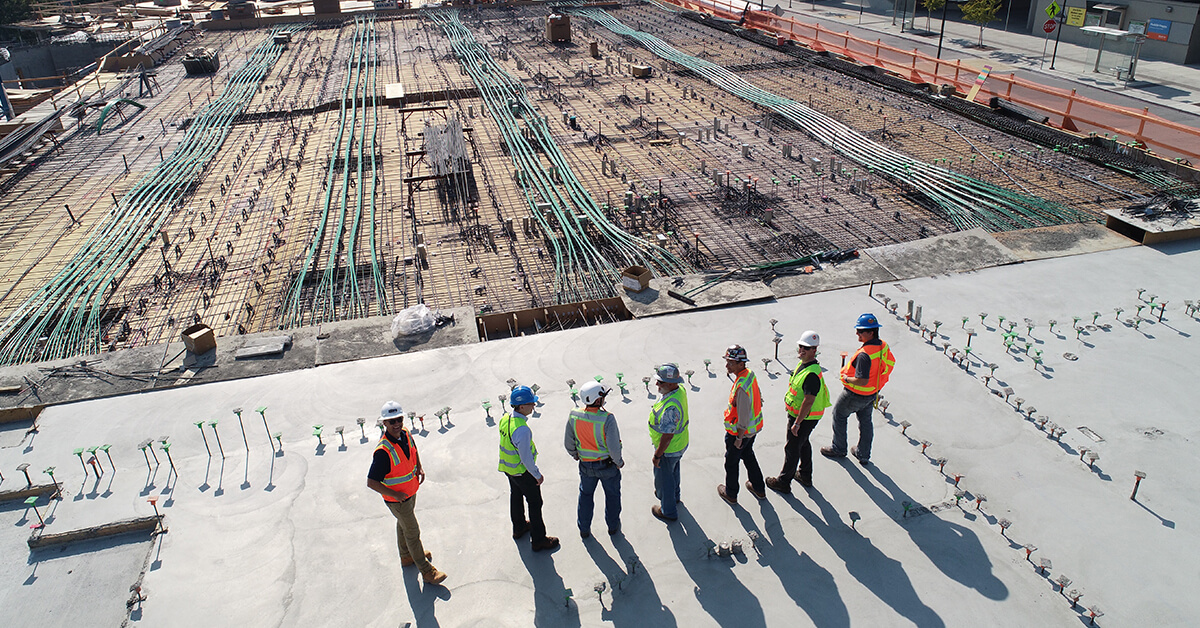

Very informative article about the metaverse. You are right about the difference between the physical world and the metaverse. As you rightly said, the metaverse is limitless, whereas the physical world contains it. The metaverse is still developing and not fully operational. Let us hope the metaverse is operational fully as soon as possible.
What is the future of the metaverse? If it comes, how can it be taken advantage of? Plans to use the Metaverse project to improve financial opportunities for people in developing countries and support remote operations. Facebook’s ownership of social media, communications, and crypto platforms give it a head start on integrating all these worlds. Other major tech companies are also targeting the creation of the Metaverse, including Microsoft, Apple, and Google. Modern technologies like Augmented Reality and Virtual Reality have given new meaning to the world in which everyone lives. Indeed, technology is now on a never-ending journey, and the idea of the metaverse is one of the most prominent examples. Facebook is one of the strongest voices in favor of creating a metaverse. Mark Zuckerberg has mentioned his. “There are big risks associated with the metaverse, but also potentially big rewards,” says Jenin Urio, CEO of Republic Realm, a well-known metaverse real estate investment and consulting firm. Highlighting the huge potential that is still hidden behind the Metaverse industry.
Thank you for sharing this article.